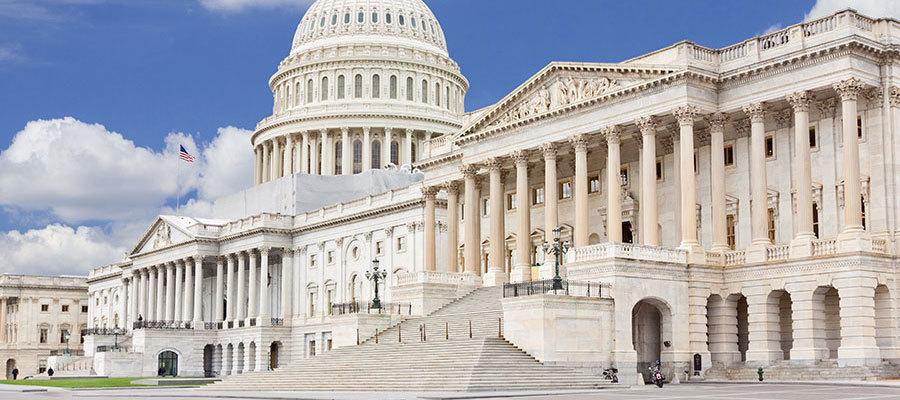Senate holds hearing to examine health care workforce shortages, solutions

In a statement submitted to the Senate Health, Education, Labor & Pensions Committee for a hearing today on the nation’s health care workforce shortages and potential solutions, AHA said “long-building structural changes within the health care workforce, combined with the profound toll of the COVID-19 pandemic, have left hospitals and health systems facing a national staffing emergency.”
As a result, contract labor as a share of total labor expenses rose 178.6% from 2019 to 2022 as health care staffing agencies “took advantage of this desperate moment in history by drastically increasing the hourly rates they charged to hospitals,” AHA notes, adding that the organization has urged the Federal Trade Commission and Administration to investigate these price increases for anticompetitive behavior.
AHA’s statement provides numerous examples of ways hospitals and health systems are innovating to address these workforce challenges, including by collaborating to expand training options, recruiting internationally, launching nurse education programs, reimagining workforce models, investing in upskilling and providing nontraditional support for health care workers.
Among specific actions, AHA recommends Congress increase the number of residency slots eligible for Medicare funding; invest in nursing schools, nurse faculty salaries and hospital training time; enhance workplace safety for all hospital team members by enacting federal protections for health care workers against violence and intimidation; provide hospital grant funding for violence prevention training programs; support apprenticeship programs for nursing assistants; increase funding for the National Health Service Corps and the National Nurse Corps; and support expedition of visas for foreign-trained nurses and continuation of visa waivers for physicians in medically underserved areas.
Testifying at the hearing were Leonardo Seoane, M.D., chief academic officer for Ochsner Health; Sarah Szanton, dean of the Johns Hopkins School of Nursing; as well as witnesses from Dartmouth College, the University of New England and Meharry Medical College.

